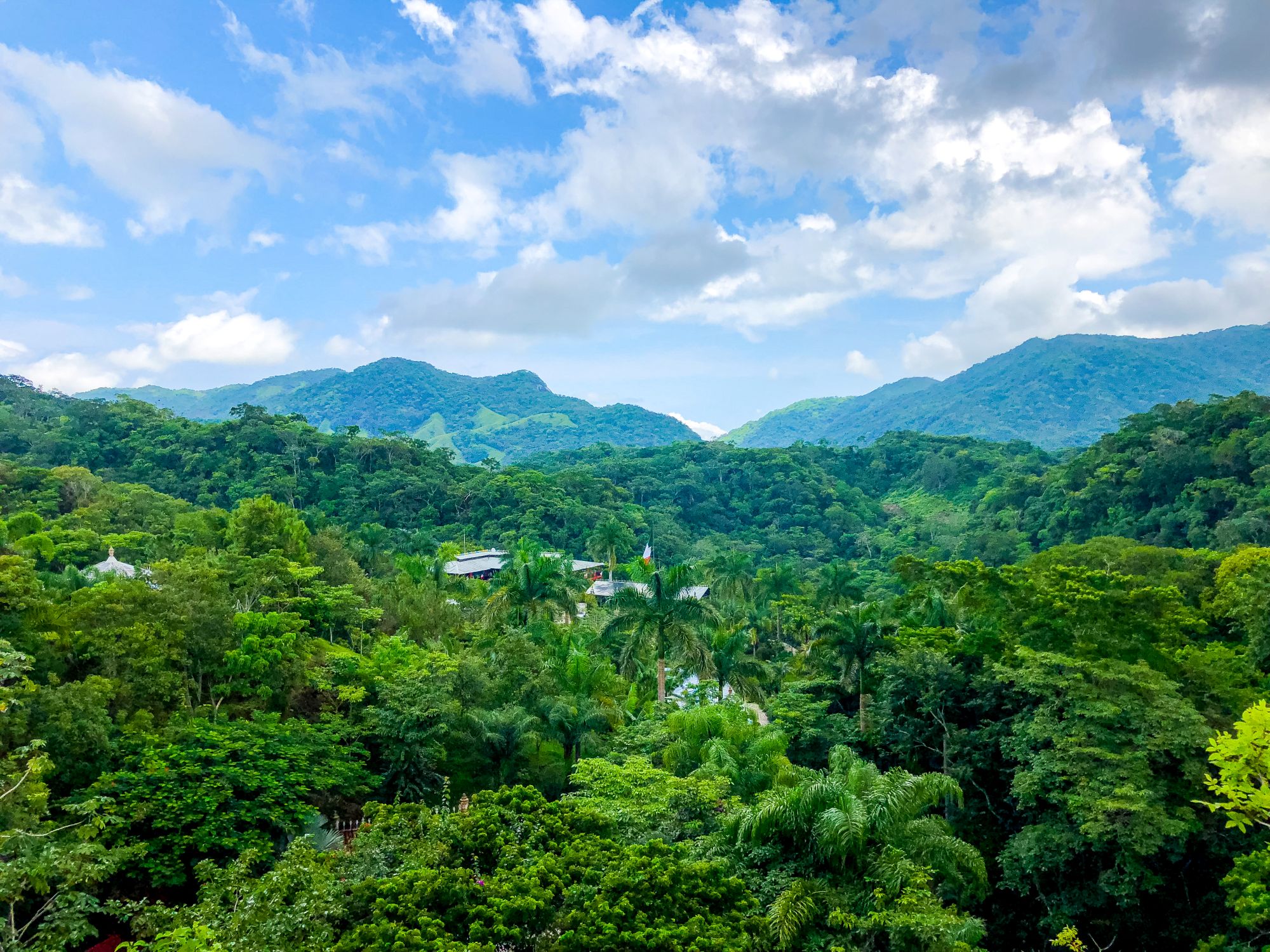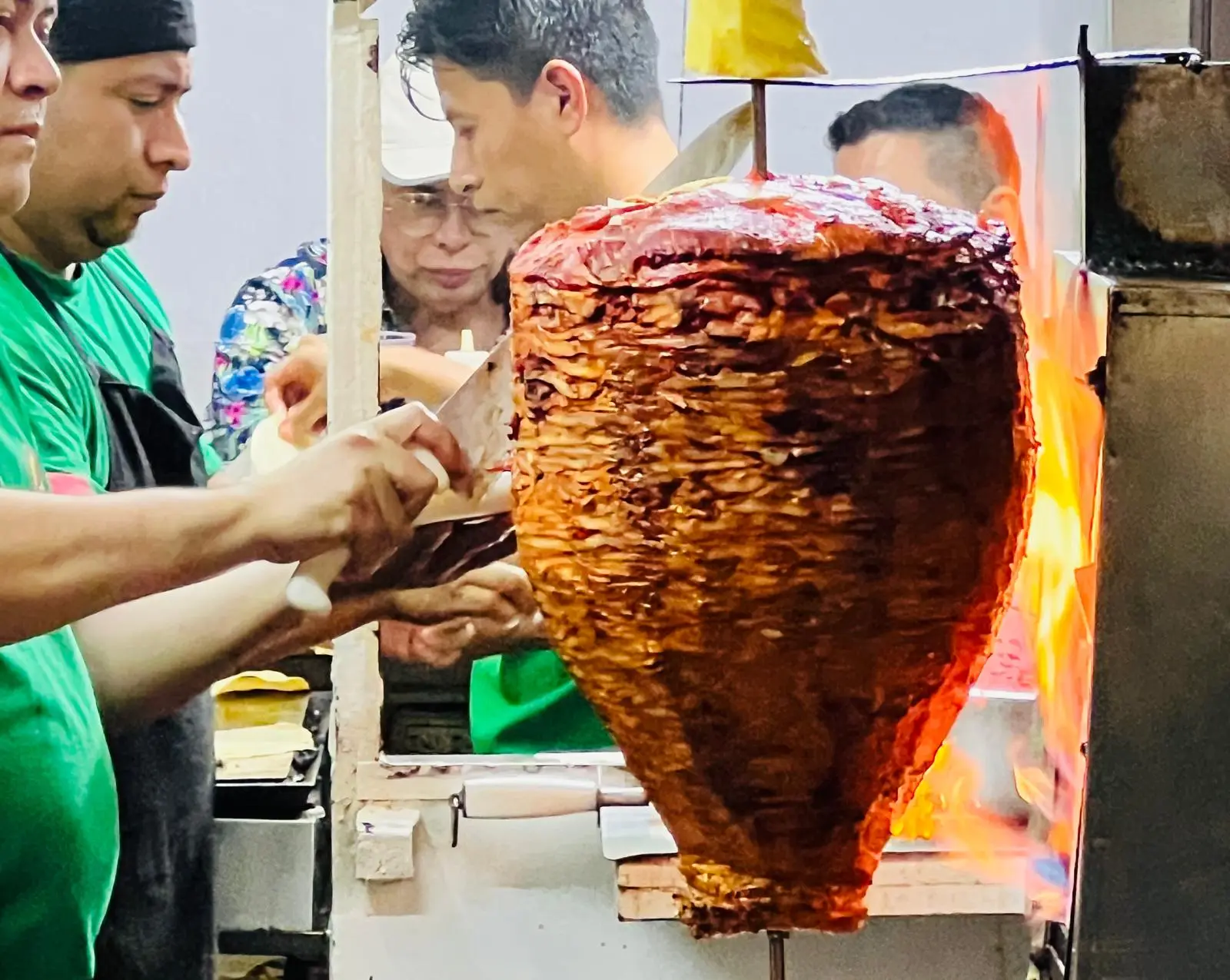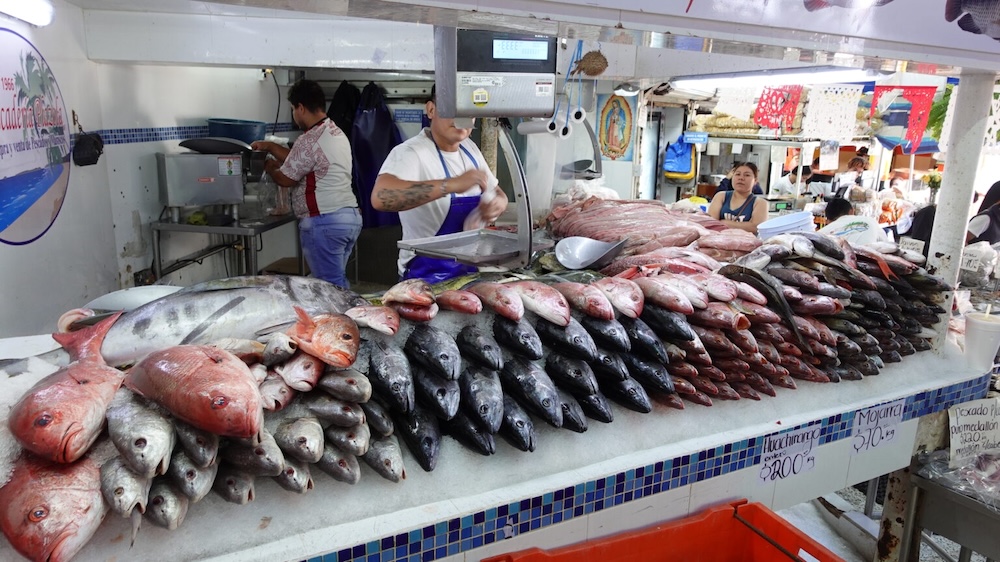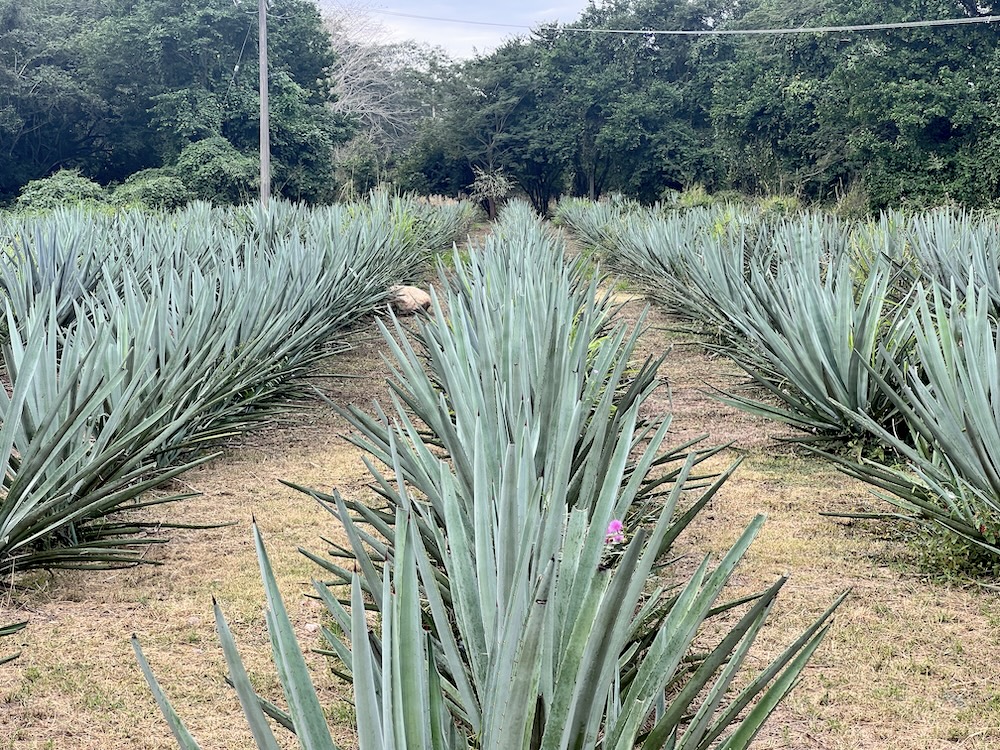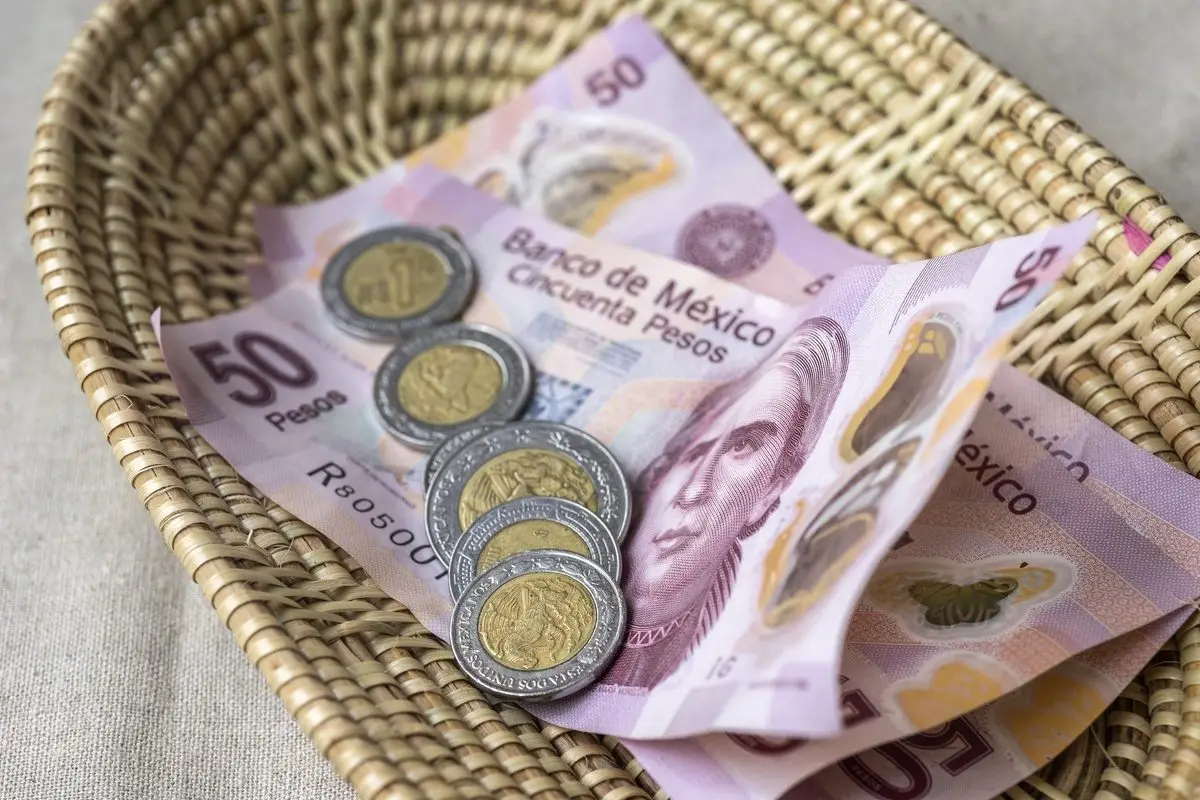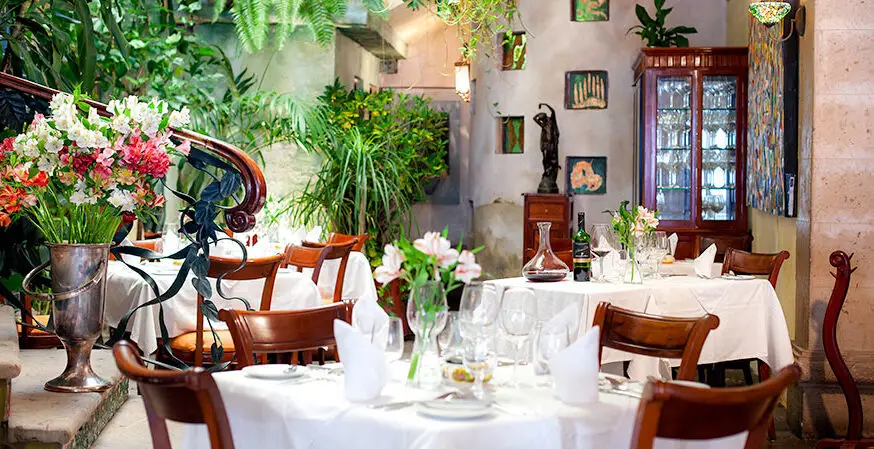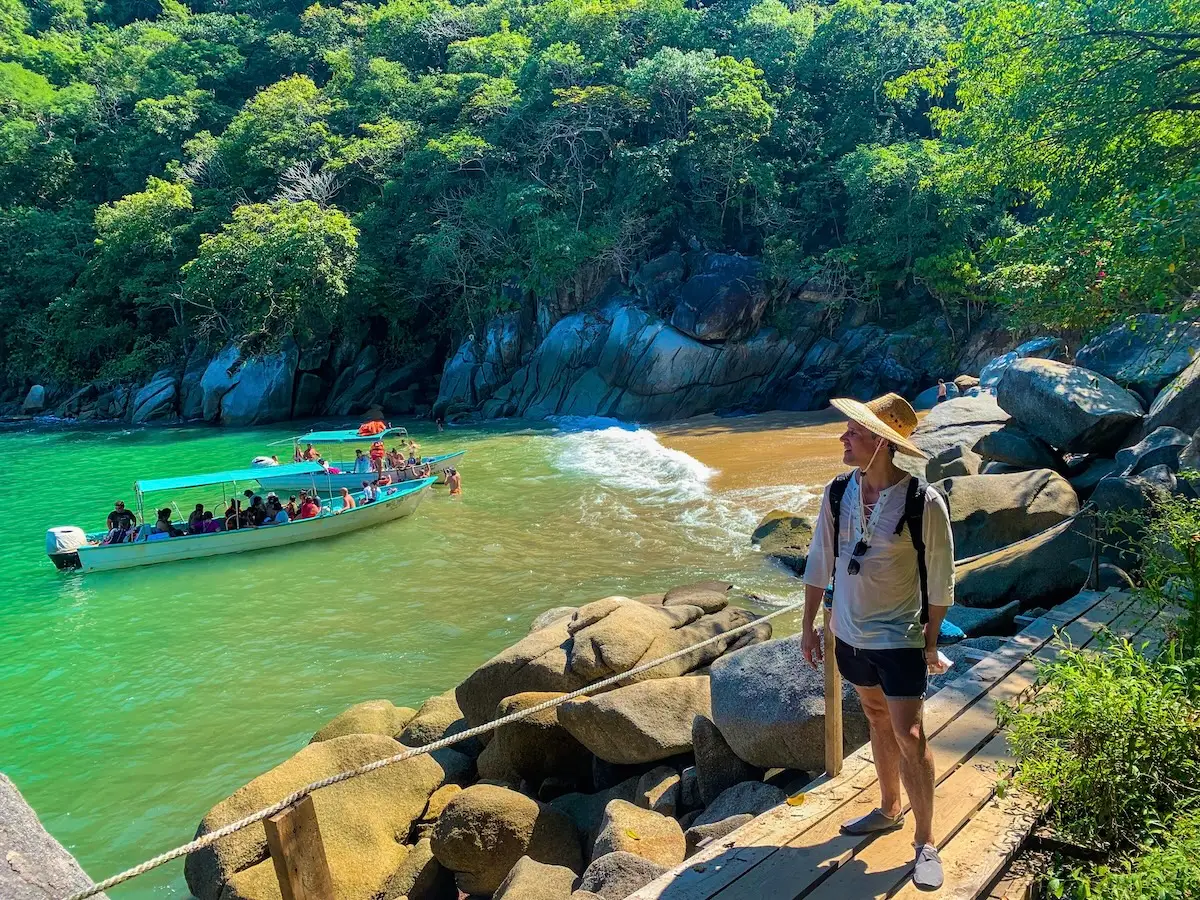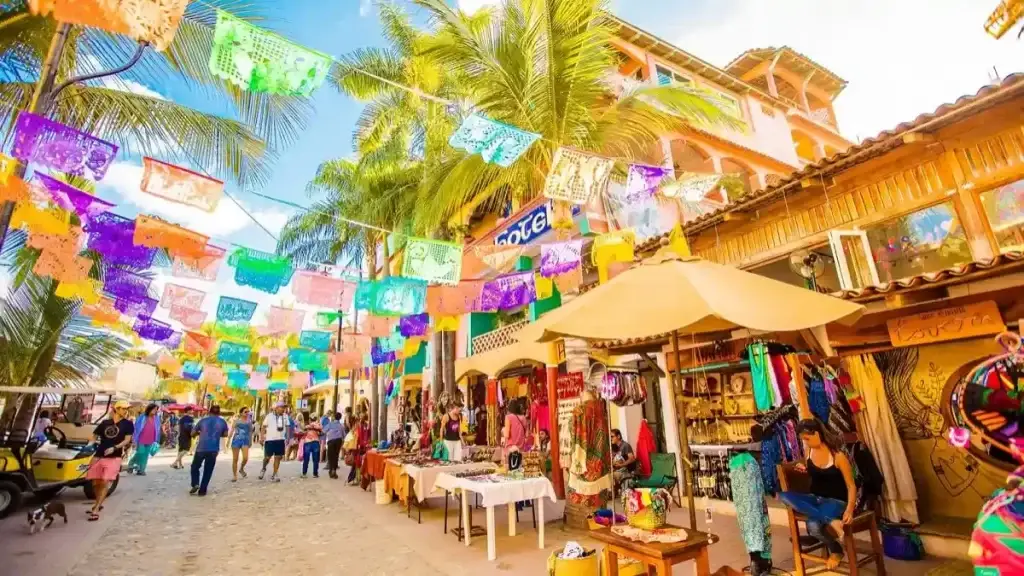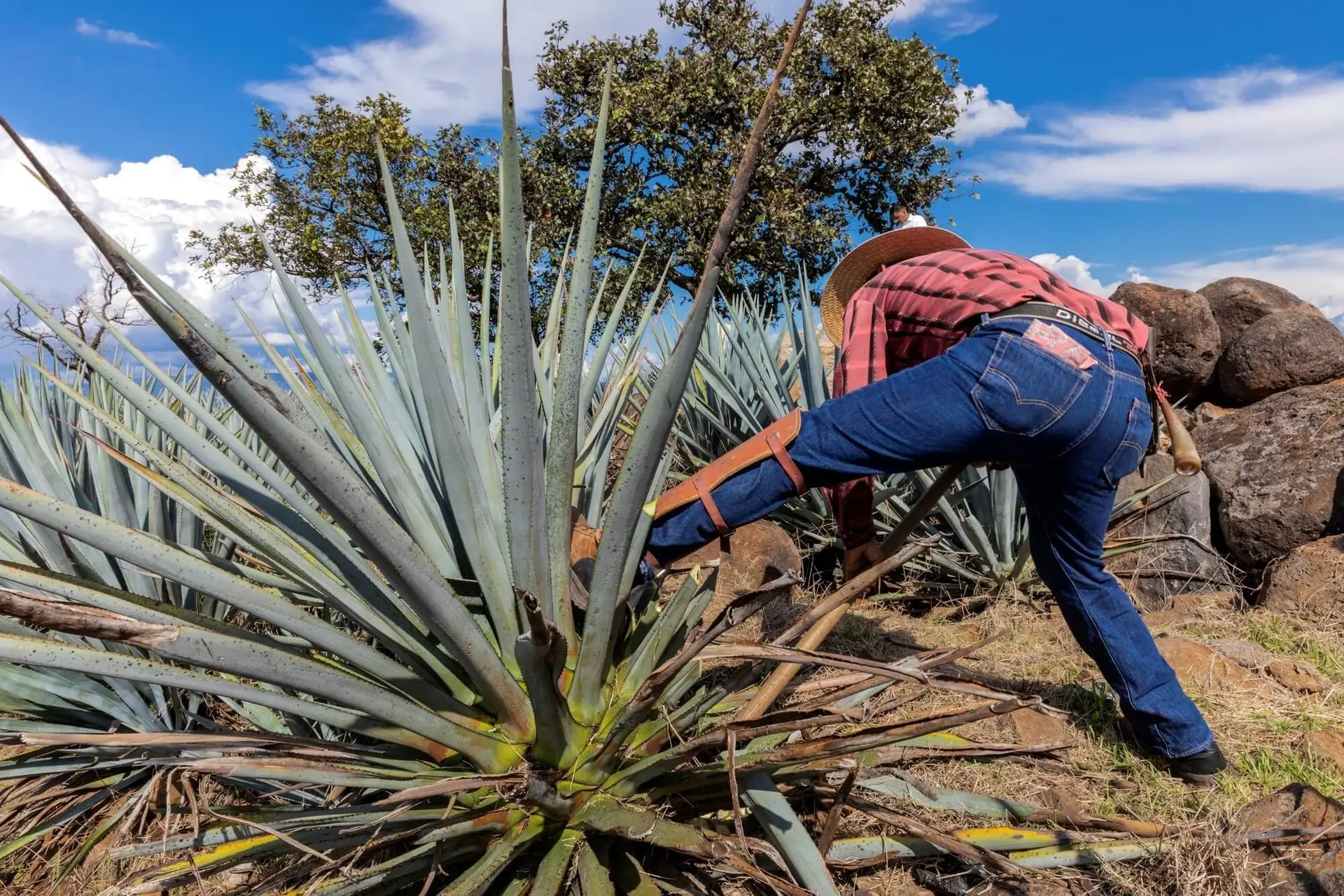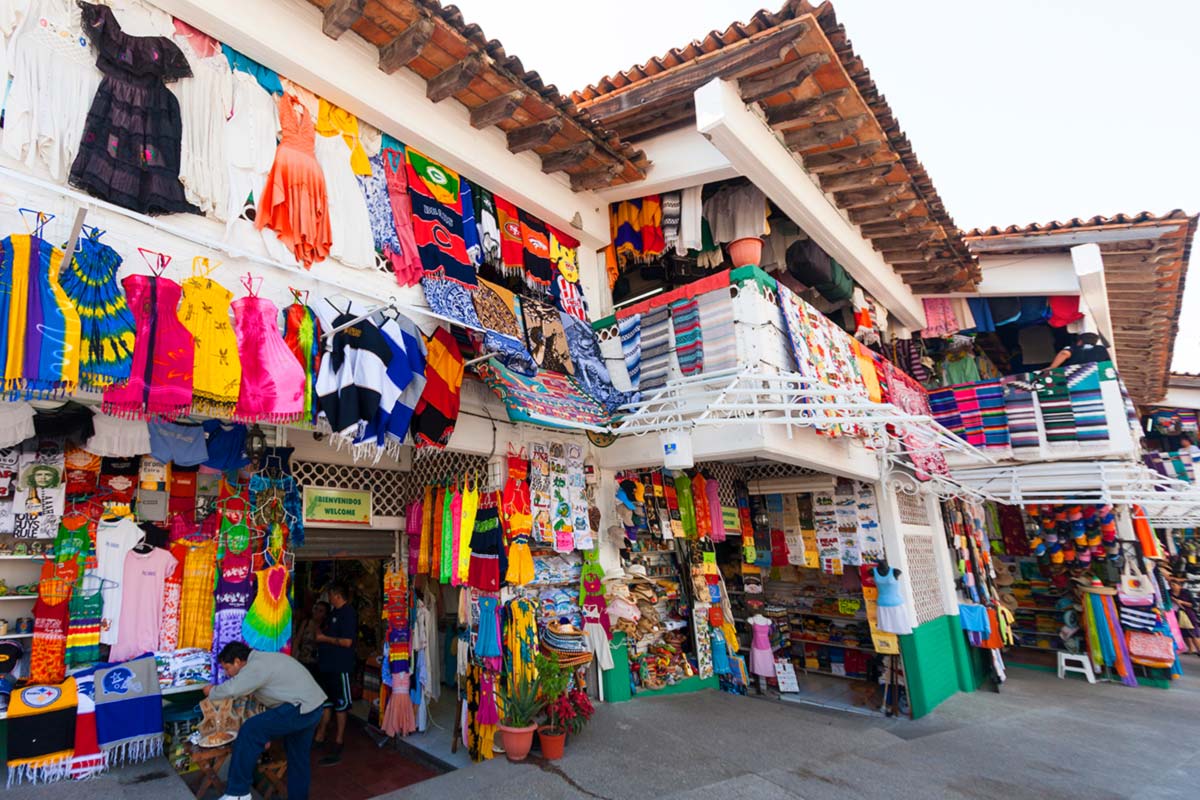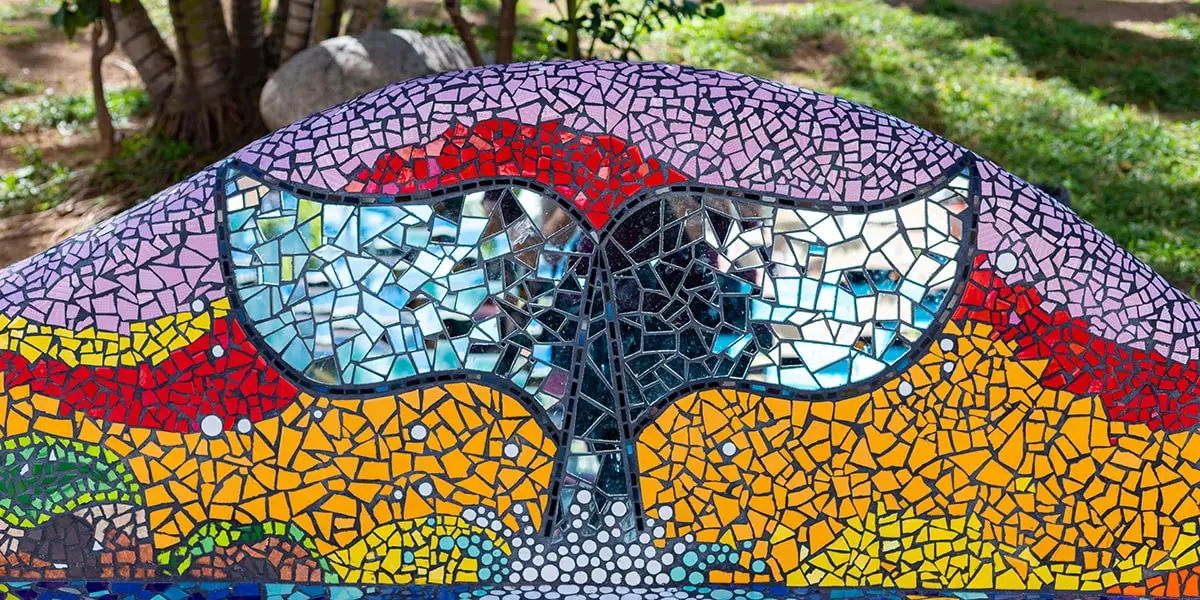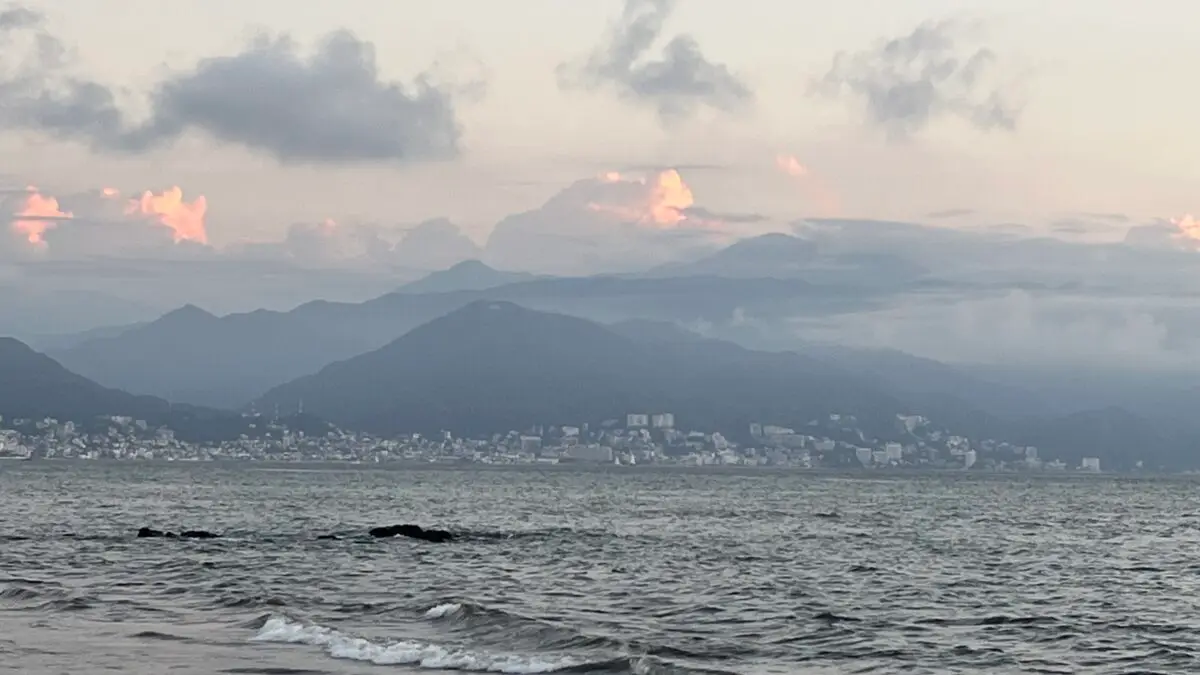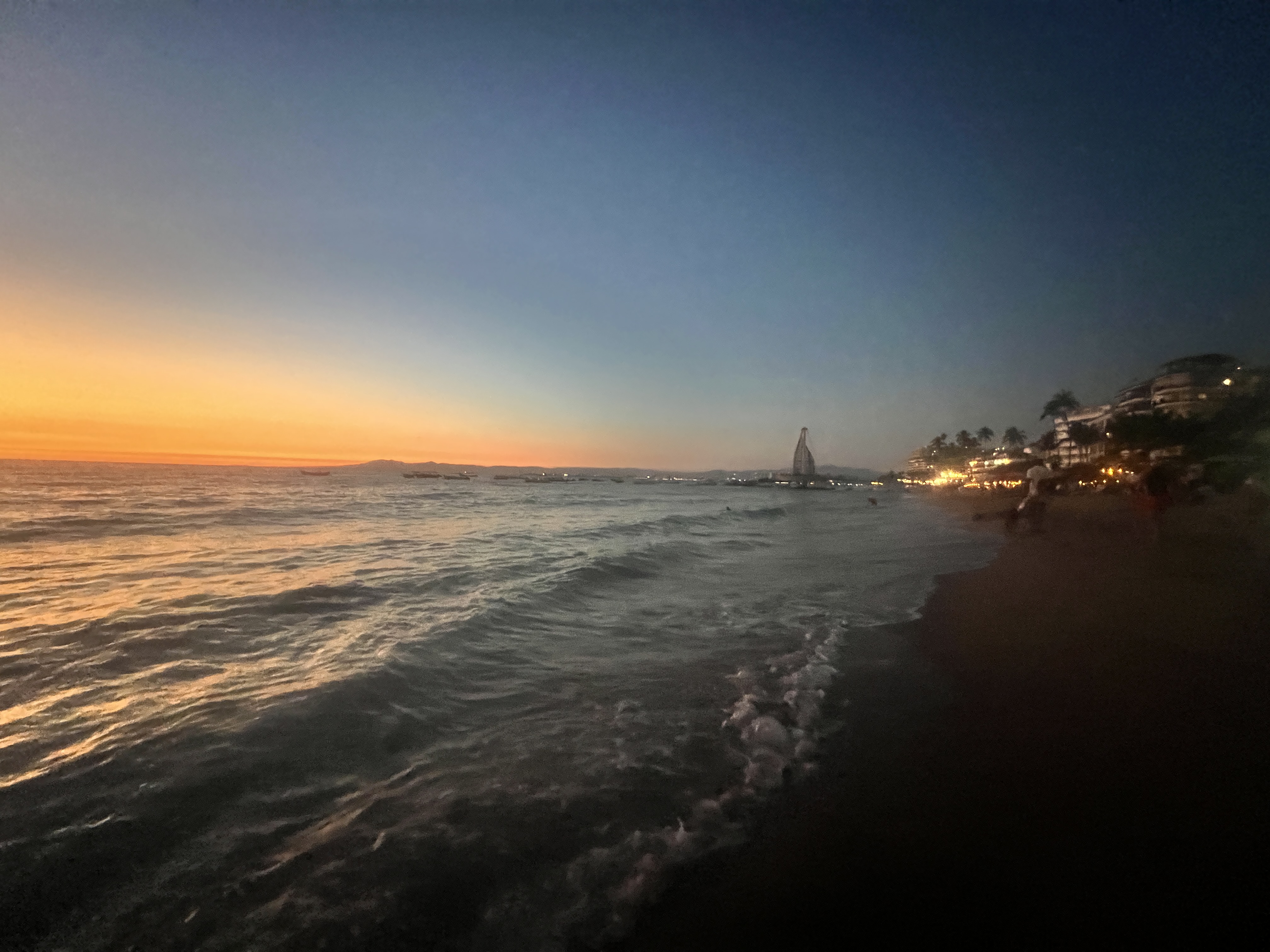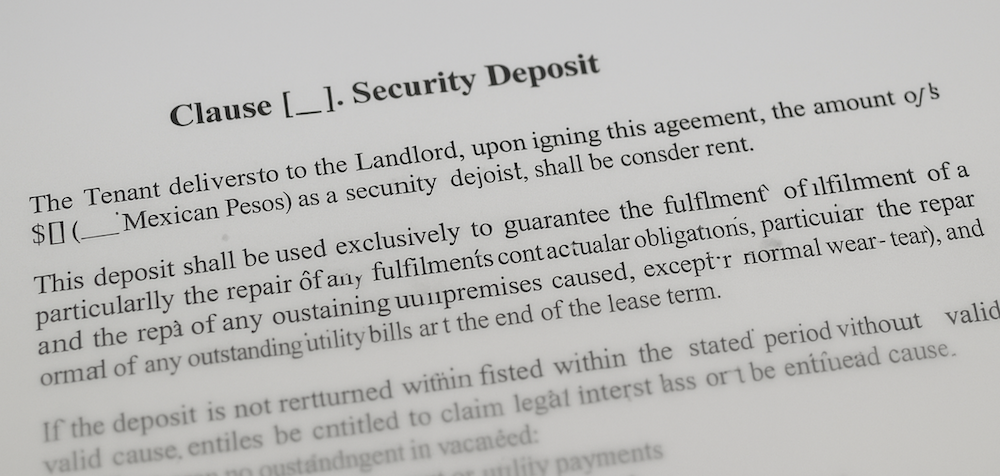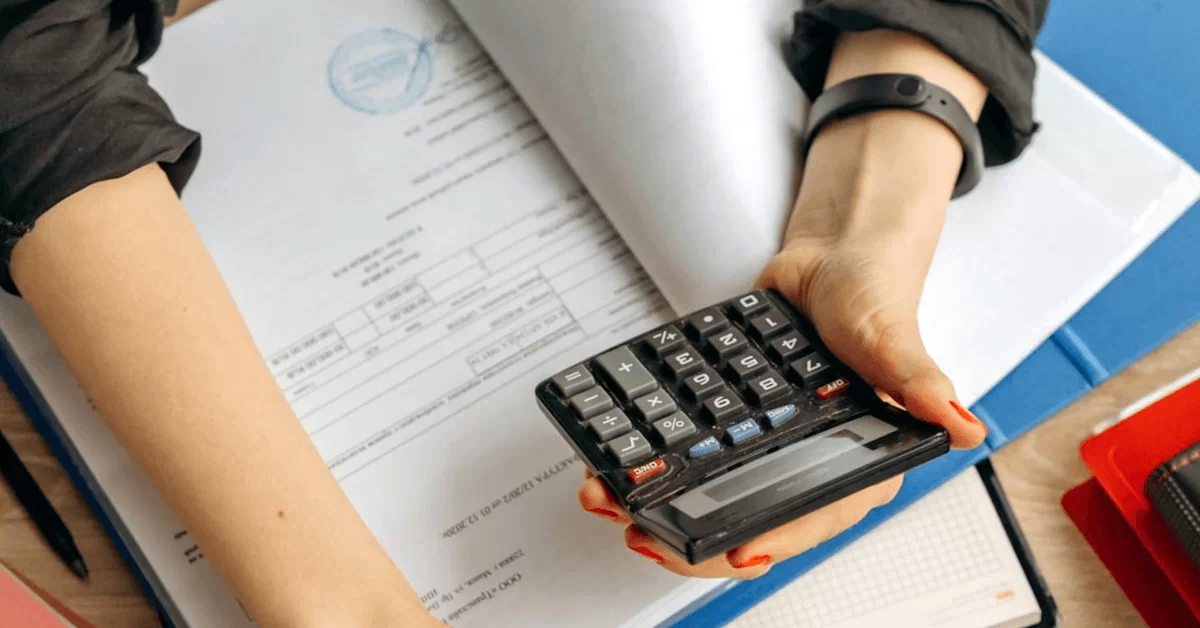Have you ever wondered what an ejido is or why that fantastic property deal in one comes with some quirks? Ejidos are a fascinating Mexican tradition with roots in the country’s agrarian history and a few legal twists to keep things interesting.
What is an Ejido?
An ejido is a form of collectively owned land designated for rural communities. This system stems from Mexico’s post-Revolution reforms in the early 20th century. In 1917, agrarian reforms aimed to redistribute land held by large landowners, giving farmers a piece of land to work and own collectively. By the 1930s, under President Lázaro Cárdenas, ejidos became a social and economic tool to empower rural communities.
Originally, ejidos couldn’t be sold to private parties, which preserved land ownership within communities. However, with urban growth, many ejidos have become part of expanding cities. Today, there’s a process to convert ejido land to private ownership called dominio pleno.
Dominio Pleno: A Path to Private Ownership
To sell ejido land, it must go through dominio pleno, a conversion to private property. This isn’t a simple task—every member of the community must vote on it, and the process has legal and administrative costs. As a result, many ejidos remain in their original status, especially in states like Nayarit, while Jalisco has more land undergoing this transformation.
Can Foreigners Buy Ejido Land?
Foreigners face strict restrictions when it comes to ejido land, as it’s reserved for Mexican citizens. To become an ejido member (and thus legally own ejido land), you need to be Mexican, an adult, and a resident of the ejido. However, despite these limitations, some foreigners still attempt to buy ejido land, often facing high risks and no legal recourse if the deal falls through.
Buying Ejido Land: Pros and Cons
Pros:
- Lower Prices: Ejido land generally costs less due to its complex ownership structure.
- Investment Potential: In some cases, ejidos lie on the edge of development, making them attractive for future growth.
Cons:
- Legal Risks: Without proper legal conversion, you could end up with land you can’t use.
- Complex Bureaucracy: The dominio pleno process can be lengthy and expensive.
- Restrictions for Foreigners: Foreign nationals cannot legally acquire ejido land.
Similar Systems Around the World
Did you know other countries also protect communal land? In Peru, rural communities maintain communal land rights, while Māori Land Trusts preserve land for indigenous descendants in New Zealand. Africa and Colombia also have systems protecting land under customary and indigenous tenure.
Now you know the essentials of Mexico’s ejidos—next time someone brings up land ownership, you’ll be ready to impress with your knowledge of this unique tradition.


